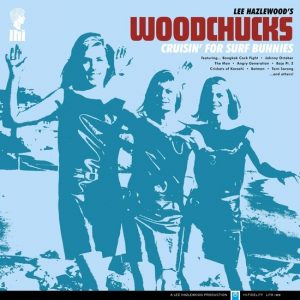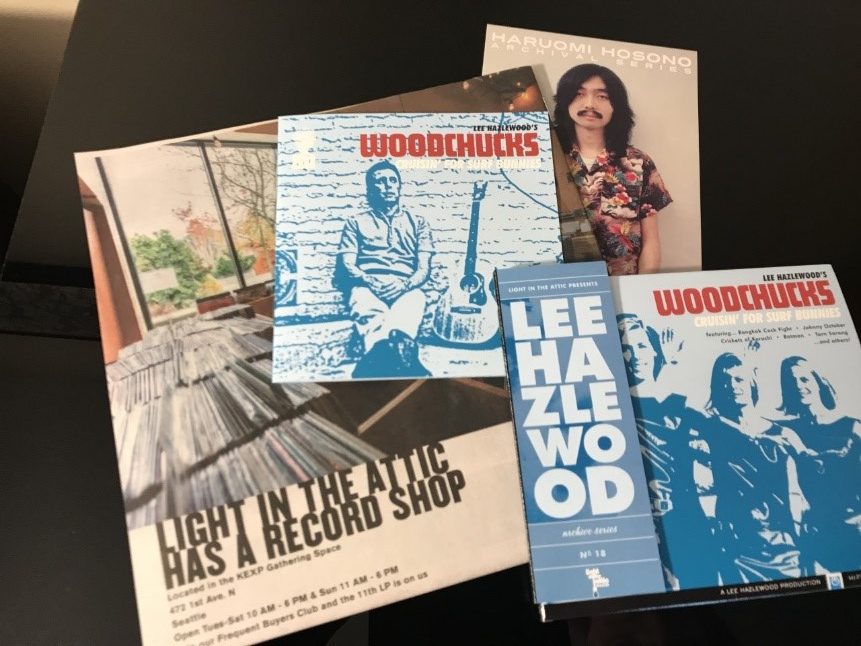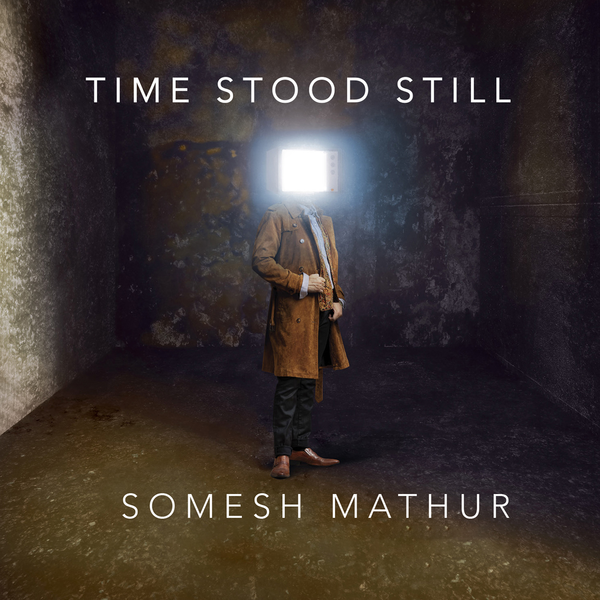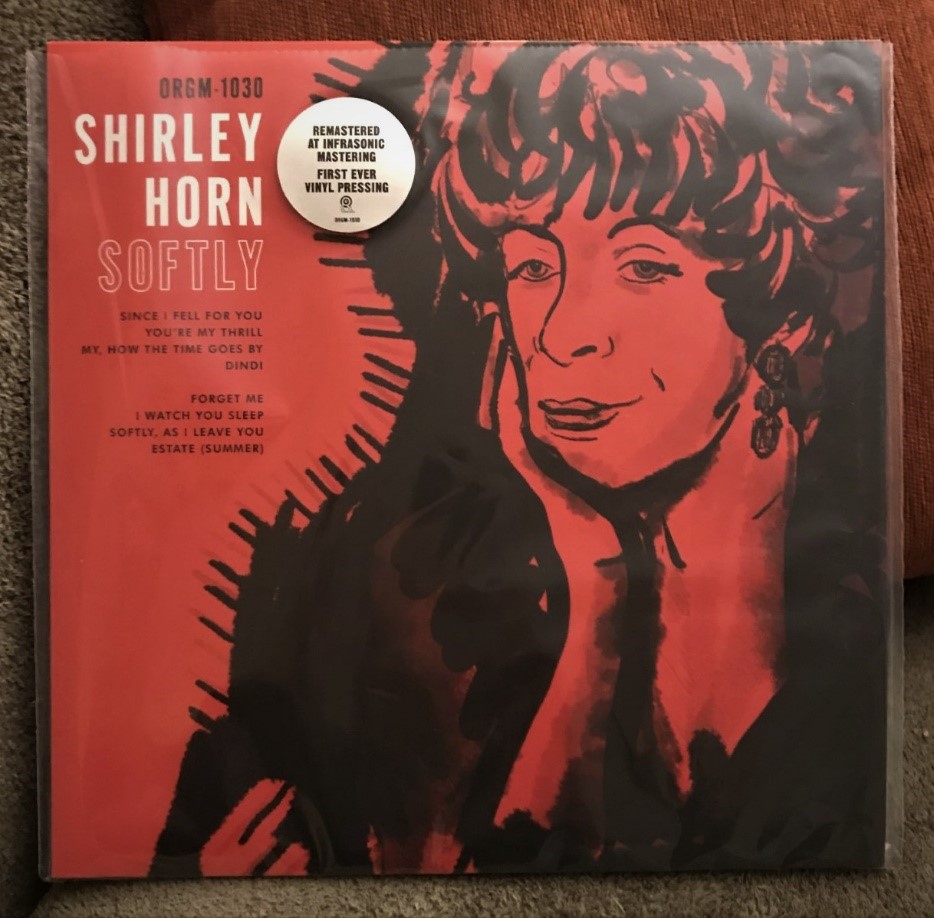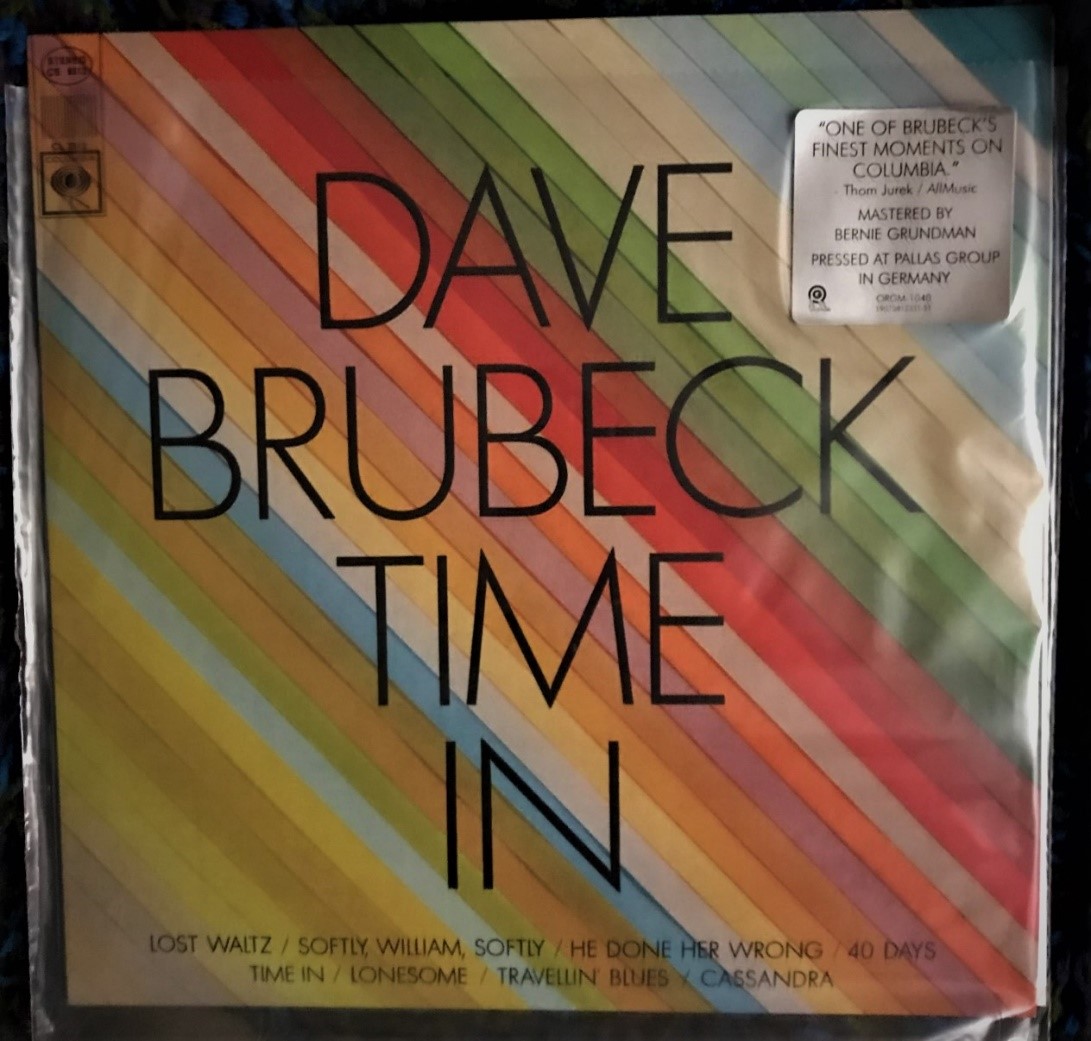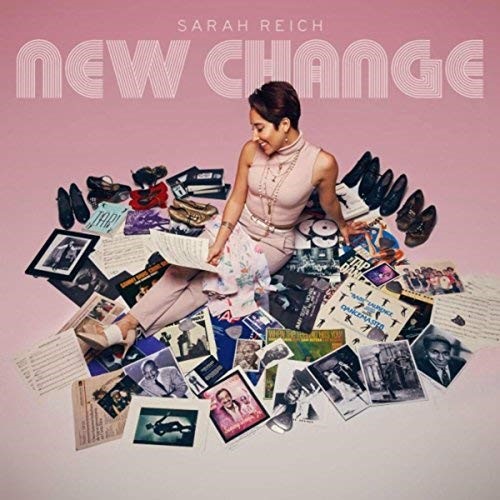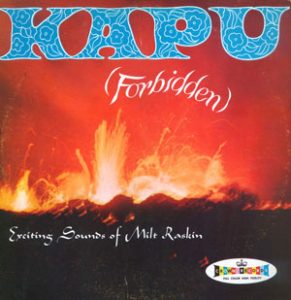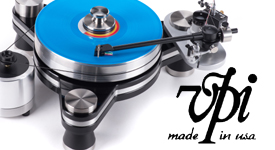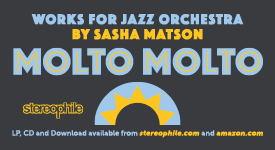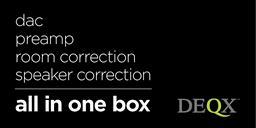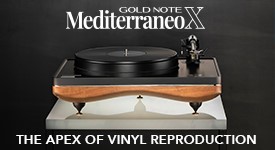Light in the Attic Records LITA169, colored LP $22, LP $20, CD $12, available at lightintheattic.net
"Lee Hazlewood wasn't a cowboy, but he sure played the part. He never took LSD but made some far-out, psychedelic records, and he sure as shit didn't surf…but he had a brief yet prolific output of surf music. The man pretty much tried a hand at nearly every genre incarnation of rock and roll from the 1950s until the end of the 1970s."
So begins the extensive liner notes of yet another fabulous discovery from Seattle-based Light in the Attic Records. That's the wonderful thing about LITA—the story behind the recording is usually just as fascinating as the music itself, if not more so. I've been a big fan of them since they first arrived on the scene many years ago. Since then I've reviewed a handful of their releases such as Jim Sullivan's UFO (Sullivan wrote songs about alien abduction and interstellar space travel before mysteriously disappearing off the face of the earth) and Serge Gainsbourg's Histoire de Melody Nelson (remastered and re-released with an English lyric sheet for the first time). Their fantastic Wheedle's Groove: Seattle's Finest in Funk & Soul (1965-1979) made me realize how quickly I needed to embrace more funk in my life, and I did.
LITA is in the midst of bringing out several albums from Lee Hazlewood's storied career including Requiem for an Almost Lady, Forty and The Cowboy and the Lady, which he recorded with Ann-Margret. Yes, we're talking about that Lee Hazlewood, famous for writing and producing "These Boots Are Made for Walkin" for Nancy Sinatra (he wanted to sing it, but Nancy convinced him it would sound abusive coming from a man). He was mostly known for his contributions as a singer, songwriter and record producer in the world of country music, but he also worked with performers as diverse as Gram Parsons, Duane Eddy and Dean Martin. His label LHI, for Lee Hazlewood Industries, was quite successful throughout the 1960s.
That sets up the story for Cruisin' for Surf Bunnies. "Deep in the LHI tape archive," the liner notes continue, "hid a mysterious tape marked ‘Woodchucks.'" Back on October 26, 1964, just a little more than a year before "These Boots" was made, Hazlewood recorded an austere yet distinctive surf rock album which never saw the light of day. The songs went on to be recorded by many others including Dick Dale, Jack Nitztsche, The Ventures, and even John Paul Jones before he went on to jam with Page, Plant, and Bonham. It was obviously intended to be an album, or at least the beginnings of one. As Hazlewood's cohort and fellow musician Marty Cooper explains in those comprehensive liner notes, "It sounds to me, because it's got 12 songs on it, and the albums in those days had 12 songs on them, this is an album in search of a band, in the sense that it actually doesn't sound like a band, but it's too complete to not have been submitted as…find a band."
That about sums up the first impression these 12 tracks make. I previously mentioned the word austere, because this is a minimalist recording at best. Hazlewood's electric guitar is absolutely saturated in his trademark bouncing-off-the-walls reverb, which is perhaps the only embellishment—the rest of the instrumentation is so basic and threadbare that it sounds like this was culled from an initial session with added tracks coming later. This is simple stuff, in other words. I'm a pretty mediocre guitarist, but I have a feeling like I could play most of this in one try.
And yet, there's something more—much more.
First of all, Cruisin' for Surf Bunnies was pulled directly from the master tapes. The vinyl was pressed at RTI. That means you're hearing something incredibly close to the original recording, I'd imagine. There's a nakedness to these songs, a presence that is so vivid it causes your mind to wander. For me, these tunes reminded me of growing up in Southern California just a few miles from the beach. I was just a toddler when Hazlewood recorded these tracks, but those distant and hazy memories I have of Huntington Beach back in the ‘60s are perfectly echoed in these melodies, and more specifically the distinct artifacts of the recording.
Let me put it this way. Do you ever stop and think how different the world looked back when you were a little kid? This thought obviously becomes more profound as you start getting up in years. There's something about this album that brings that haze into focus, and how the surf culture was far more primitive back then. I don't remember those places as they are now, covered with multimillion dollar condos and upscale shopping centers—although I do remember that Ferrari dealership on PCH down in Newport Beach. (It's still there.) The beach wasn't quite the paradise it seemed in the Gidget movies, but it was fun. It was also a little dirty, with litter everywhere. You had to wear shoes because of all the broken glass. Instead of lavish beach homes, the landscape was dotted with stucco-covered cubes and surrounded by rusty Volkswagen Beetles. It wasn't fancy—that OC would come later.
Crazy, huh? Those empty spaces in Hazlewood's songs prompted those memories and gave them room to crystallize. I don't know how you or anyone else will respond to this, but this album really got into my head. I love music that really gets into my head, by the way. It's the best music. I already have an emotional connection to surf music because it was the soundtrack to my earliest memories, so I can't guarantee you'll have the same epiphanies while listening to these deceptively simple tracks. But if this musical genre means anything to you, this is a must-have recording—just know that this is coming from a guy who once spent a very silly amount of money on a mint copy of Surfer's Choice.
That's what I find so consistently compelling about LITA releases. You listen to the music, you read the story and then you listen once again and everything takes on a new meaning. I've never seen a record label so devoted to fleshing out the human qualities of the music they release. It's clear they love musicians and their stories, and now that I have one of their nifty black-and-white catalogs I look forward to hearing a lot more.




